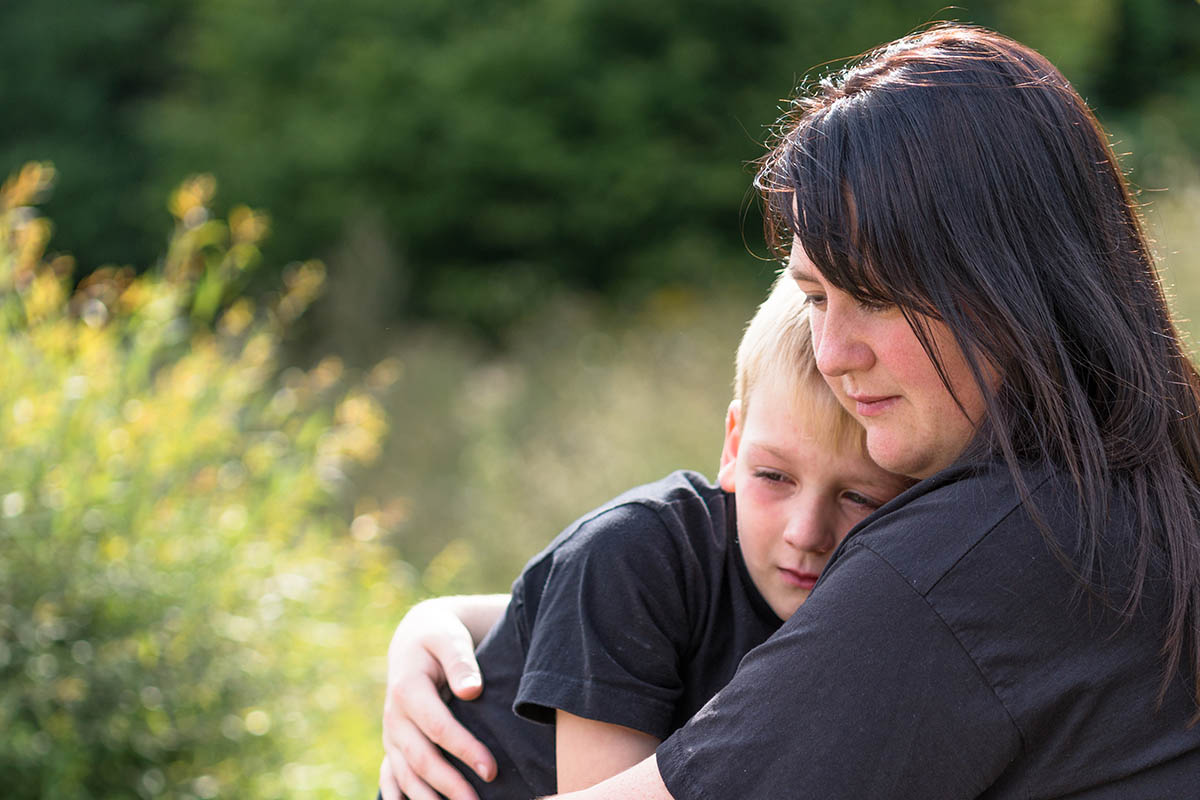All families experience traumatic events differently. Various factors determine how a family copes with and recovers from a traumatic event. Almost all families have difficulty dealing with family trauma and adjusting to life after the traumatic event. For many families, a family trauma program in CO may provide solutions for managing mental health issues such as anxiety, depression, or PTSD that arise out of trauma.
Even in the closest families, a traumatic experience can create emotional scars that tear the home apart and create further conflict. Treatment focuses on meeting each person in the family where they are and bringing them into a state of healing to move forward with their lives. Regardless of how severe trauma may be, recovery is possible. Contact Women’s Recovery today at 833.754.0554 to learn more.
Tips for Dealing with Family Trauma
If you or your family is dealing with a traumatic event, you may need to take some steps to get help. You can do some things to manage the symptoms of any trauma-related mental health issues you have.
Learn More About Trauma
Trauma is an emotional or physical response to a disturbing or deeply distressing event. The event is so intense that it affects a person’s ability to cope with the trauma. Traumas can cause feelings of hopelessness, diminish self-image, and produce emotions that are difficult to control. One of the reasons post-traumatic stress disorder (PTSD) is common is that most people cannot cope with disturbing events. Common family traumas that lead to mental health issues or addiction may include:
- Death of a family member
- Divorce
- Physical injury or severe pain
- Illness
- Moving to a new location
Since each person in the family is different, trauma can affect the family in different ways. Some members of the family may have an easier time dealing with family trauma than others. For those who cannot handle a family trauma, a women’s trauma treatment program is available to provide professional help.
Recognize PTSD Symptoms
The first step in dealing with family trauma is recognizing the symptoms of post-traumatic stress disorder (PTSD). Some of the most common symptoms of PTSD include:
- Nightmares and flashbacks
- Insomnia
- Emotional outbursts
- Anxiety or depression
- Dissociative disorders
- Alcohol or drug addiction
PTSD symptoms are not always easy to recognize because they may not manifest until several months or years after the initial event. One sign may not connect to the initial trauma. However, multiple symptoms should raise a red flag that a family member cannot deal with the event.
Get Treatment for Trauma
If you are unsure whether you have PTSD, you can meet with a treatment specialist who can assess your situation and recommend treatment. A dual diagnosis treatment program is available to help if you have co-occurring disorders like PTSD and addiction. Dual diagnosis treatment programs allows therapists to identify the problems and provide the right treatment that promotes long-term recovery.
Some forms of traditional therapy are not appropriate for PTSD because they cause you to relive the event during your therapy sessions repeatedly. Trauma-informed care offers treatment that is more sensitive to your needs. A therapist focuses more on your current condition instead of exploring the past, which leads to further trauma.
Get Help for Trauma at Women’s Recovery
You do not have to live with a traumatic event for the rest of your life. Help is available at Women’s Recovery. We offer mental health treatment programs for all types of trauma-related mental disorders and addictions. Contact Women’s Recovery at 833.754.0554 to find out more about our family trauma program in CO. With the right trauma treatment program, healthily dealing with family trauma is possible.







